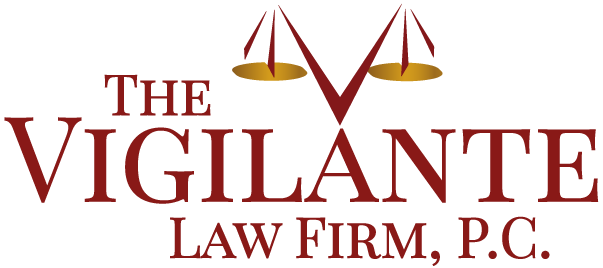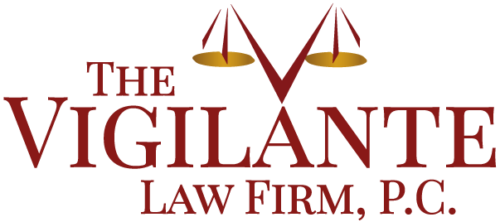
You may wish to hold an honest job to earn an honest living for yourself and your family. So you may grow uneasy as you begin to realize that your employer has other unethical or unlawful intentions. However, you should not fear your job security being threatened for having spoken out on such injustices. This is thanks to the federal and state whistleblower protection laws in place. Follow along to find out what protections you are afforded in the workplace and how a proficient Gloucester County whistleblower protection lawyer at The Vigilante Law Firm, P.C. can ensure that your rights are not violated.
What whistleblower protections am I afforded in the workplace?
At the federal level, both the Sarbanes-Oxley Act and the Whistleblower Protection Act work to safeguard employees who “blow the whistle” on their employers. Essentially, these acts offer protection for federal employees and applicants who disclose information that they believe proves one of the following circumstances as true:
- A state official or government employer is abusing their authority.
- A state official or government employer is grossly mismanaging or wasting funds.
- A state official or government employer is violating any state or federal law, rule, or regulation.
- A state official or government employer is posing a substantial or specific danger to public health or safety.
And at the state level, there is the Conscientious Employee Protect Act. This act essentially has the same effect, as it prohibits any sort of retaliation against an employee who discloses information regarding their company’s or employer’s violations of law. Further, this act also prohibits any sort of retaliation against an employee who refuses to participate in a company policy or action that violates the law.
What should I do if my whistleblower protections are violated?
Even though you are offered protection as a whistleblower, this may not stop your employer from retaliating against you. Examples of wrongful retaliation are as follows:
- Your employer may deny you a promotion or even demote you.
- Your employer may deny you overtime pay or even reduce your pay or salary.
- Your employer may blacklist you from future job opportunities in the same or similar field.
- Your employer may contact immigration authorities if it means your immigration status may be threatened.
Therefore, if you believe that your whistleblower protections are being violated, then you may file a retaliation complaint at the federal or state level. Namely, the New Jersey Conscientious Employee Protection Act enforces a statute of limitations of one year for complaints such as this one.
Overall, submitting your complaint may require the assistance of a legal representative. So when it comes to your whistleblower claim, there is no question that the talented New Jersey employment lawyers are the best fit for you. Please contact The Vigilante Law Firm, P.C. at your earliest possible convenience.


